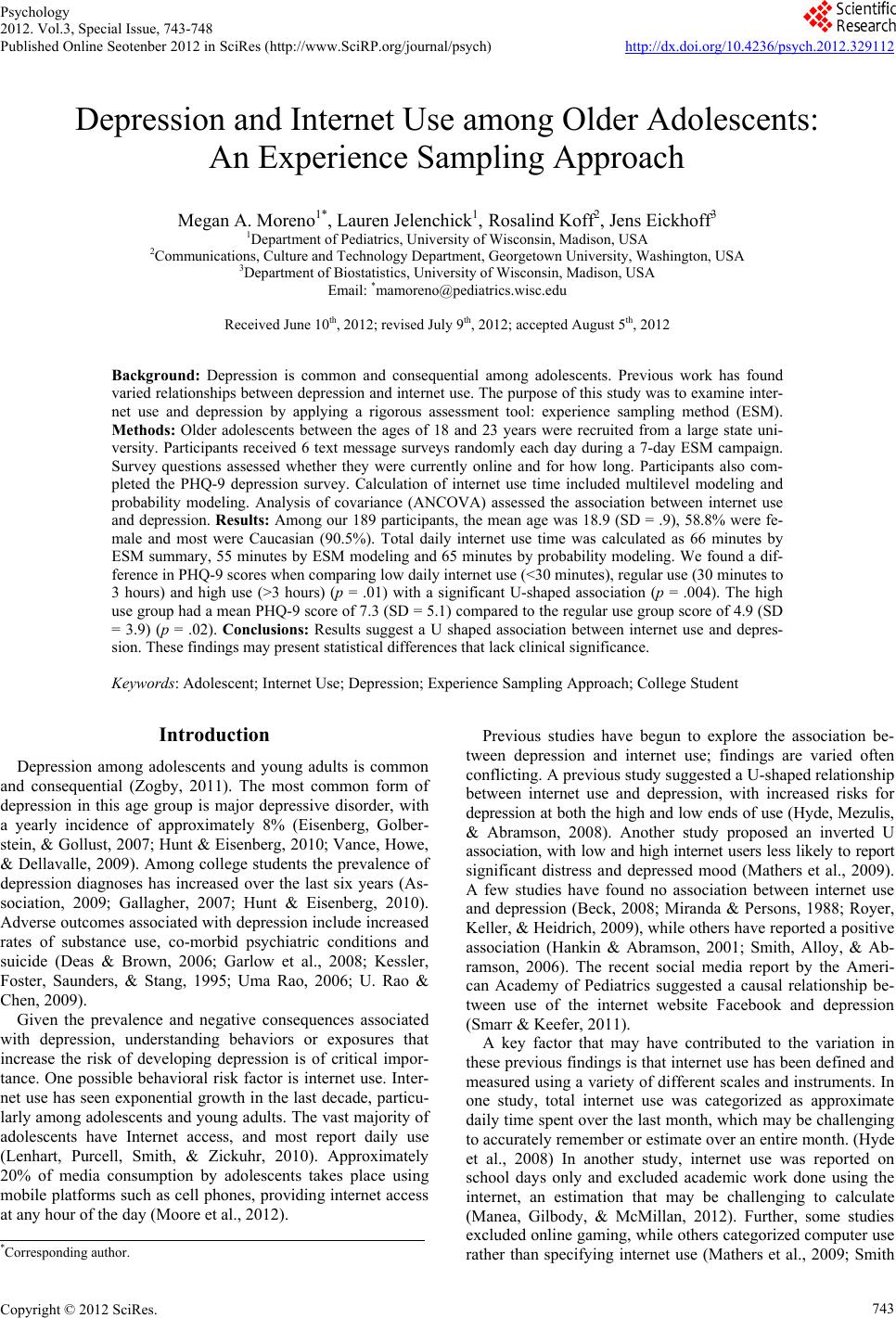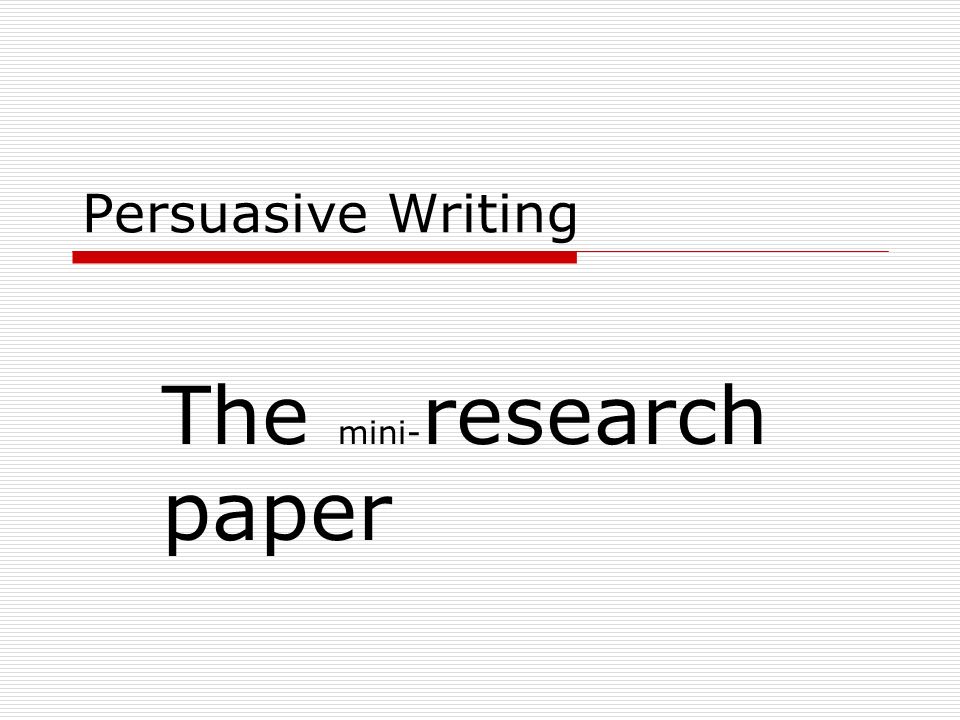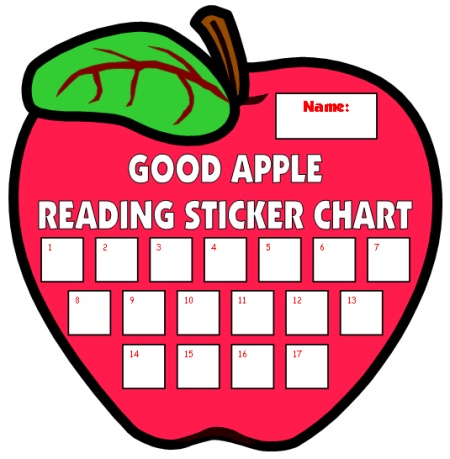Donald Judd: Complete Writings 1959 - Specific Object.
Judd, Donald. Donald Judd: Complete Writings 1959 - 1975, Gallery Reviews, Book Reviews, Articles, Letters to the Editor, Reports, Statements, Complaints. ISBN 0919616429. Originally published in 1975, this collection of Donald Judd's writings is a sought-after classic. His uncompromising reviews avoid the familiar generalizations so often associated with artistic styles emerging during the.
His essay “Specific Objects,” first published in 1965, remains central to the analysis of the new art developed in the early 1960s. Publication History Donald Judd: Complete Writings 1959-1975.

Judd Foundation and David Zwirner Books, 2016. If you’ve ever taken a course about modern and contemporary art history, chances are you know that Minimalist sculptor Donald Judd wrote the lively essay “Specific Objects” in 1965.

Not sculpture or painting, Judd called these new objects “Specific Objects.” Characterizing the qualities of this new work in a 1965 essay of the same title, Judd assessed the importance of the paintings of Jackson Pollock, Mark Rothko, Barnett Newman and Clyfford Still in the development of three-dimensional work and references the work of.

Donald Judd was born on June 3, 1928, in Excelsior Springs, Missouri. He spent much of his early childhood on his grandparents' farm and continued to live in the Midwest with his parents until they finally settled in New Jersey.

Untitled 1990 is a wall-based work by the American artist Donald Judd. It comprises ten identical rectangular boxes, each with sides made of blue anodised aluminium and top and bottom faces made of clear acrylic sheeting.

While the most influential essay was “Specific Objects” (1964), this book, Donald Judd Writings (edited by Flavin Judd and Caitlin Murray), published in 2016, becomes valuable for reprinting.

Review The persistent disbeliever: on Donald Judd's writings A new book of his collected essays reveals the ferocity with which he questioned almost everything.

In 1964, Judd wrote Specific Objects, a manifesto-like essay calling for a rejection of the residual, European value of illusionism and advocating an art based upon tangible materials. Judd aligned himself with other artists working in New York, such as John Chamberlain, Jasper Johns, and Dan Flavin, whose work also incorporated non-traditional materials such as found objects, steel.

If Minimalist artist Donald Judd is known as a writer at all, it’s likely for one important text—his 1965 essay “Specific Objects,” in which he observed the rise of a new kind of art that.

Donald Judd by Matthew Bailey. Donald Judd was one of the leaders of Minimal art, both as an artist and as a critic. His sculptural works, which he labeled “specific objects” in a seminal essay published in 1967, were characterized by streamlined large-scale geometric forms produced using industrial materials and processes of fabrication.

Since I leapt into the world an empiricist, ideality was not a quality I wanted. Donald Judd in Art Journal, (1981); Quoted in: David Raskin.Donald Judd. New Haven: Yale University Press, 2010. To begin again at the beginning in a proper philosophical manner, one person is a unity, and somehow, after the long complex process, a work of art is a similar unity.

Starting out as a painter among the generation of artists that succeeded the Abstract Expressionists in New York, Judd quickly grew disillusioned with painting’s limitations. “The main thing wrong with painting is that it is a rectangular plane placed flat against the wall,” Judd wrote in his famous essay from 1965, “Specific Objects.



